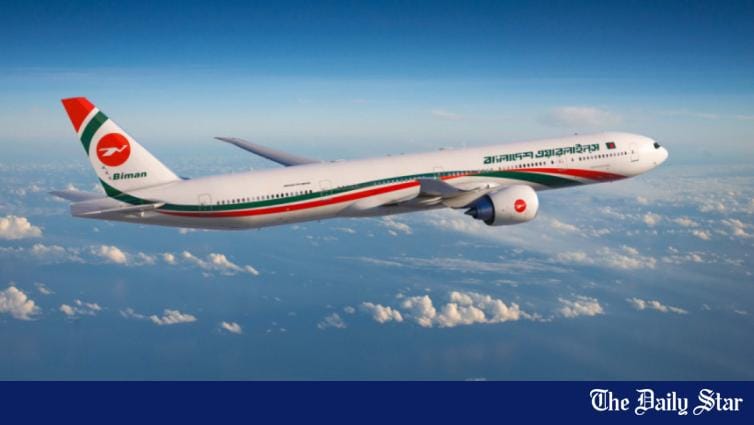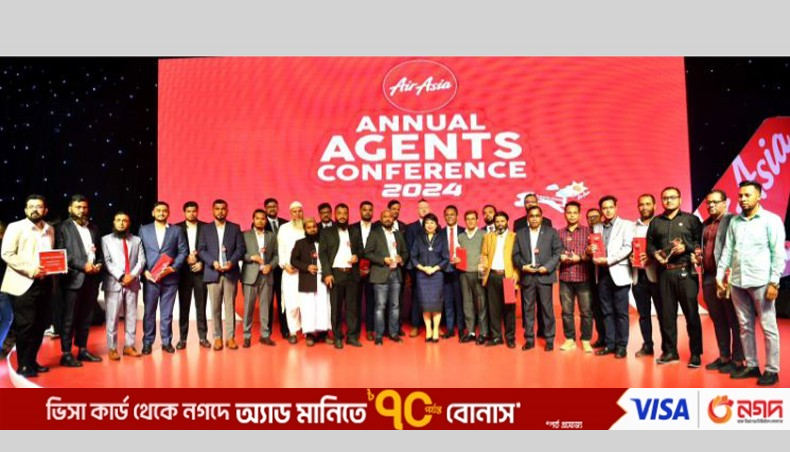Saif
Senior Member
- Messages
- 17,481
- Likes
- 8,403
- Nation

- Residence

- Axis Group


Biman to return on Dhaka-Rome route after nine years
Biman Bangladesh Airlines started selling tickets for flights on the Dhaka-Rome-Dhaka route yesterday as the national flag carrier is set to resume operations to connect the country with the European city from March 26.
Biman to return on Dhaka-Rome route after nine years
Biman Bangladesh Airlines started selling tickets for flights on the Dhaka-Rome-Dhaka route yesterday as the national flag carrier is set to resume operations to connect the country with the European city from March 26.
Tickets for the route are up for grabs at all of Biman's distribution channels, Biman said in a press release.
On December 21, Biman Managing Director and CEO Shafiul Azim announced the resumption of the flight after nearly nine years from March 26 marking Independence Day.
Between March 26 and March 31, flight BG-355 will depart Dhaka every Monday, Tuesday, and Thursday at 2am local time and reach Rome at 7am local time.
From April 1, the flight will fly from Dhaka on Mondays, Tuesdays, and Thursdays at 3am as per the summer schedule and arrive in the capital of Italy at 9:10am.
The flight will leave Rome at 10:45am and land in Dhaka at 11:45pm.
The minimum one-way fare on the economy class on the Dhaka-Rome route, including all taxes, will start at Tk 64,355 and the round-trip will cost Tk 104,568. The business class ticket will be priced at Tk 144,105 and Tk 258,568 for the one-way trip and the round trip, respectively.
On the Rome-Dhaka route, the minimum one-way economy class fare will start from Tk 48,788 and Tk 89,852 for the round trip.
The one-way and round-trip fares for the business class will start at Tk 122,663 and Tk 222,236, respectively, the press release said.
Currently, Biman is offering special discounts on the occasion of the resumption of flights on the route. The flight will be operated with a Boeing 787 Dreamliner.
Biman's began to fly to Rome in 1981 and it was discontinued in 2015 due to persisting losses.







